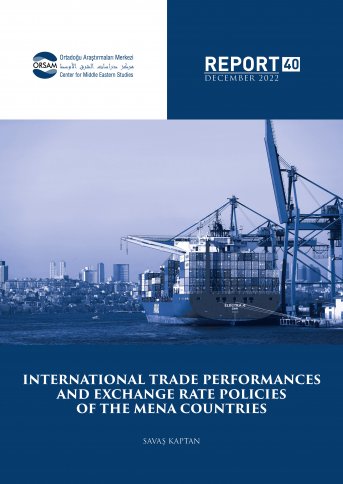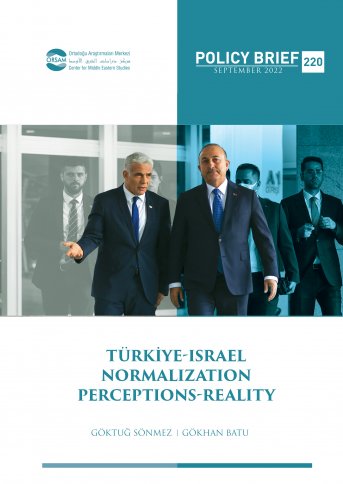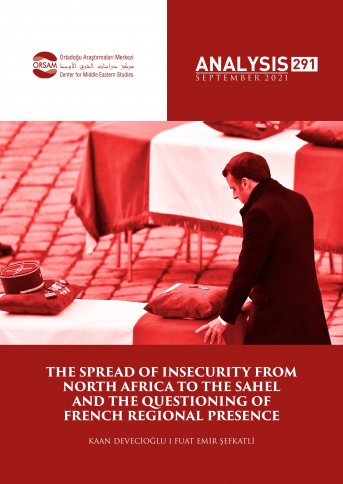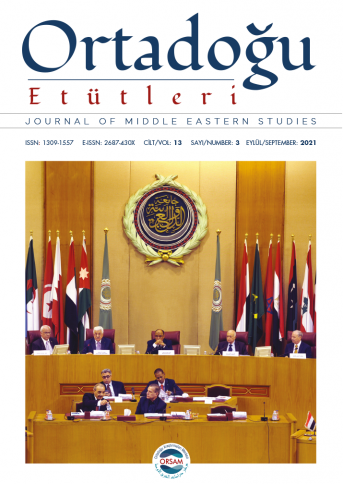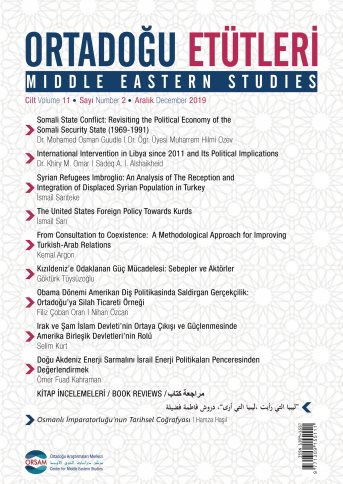
Somali State Conflict: Revisiting the Political Economy of the Somali Security State (1969-1991)
This paper focuses on the emergence of “Somali Scientific Socialism” and its major impact on the emergence of the economy and politics of the ‘Somali Republic’ at that time period. The major objective of this paper is to contribute to the existing literature of the Somali conflict and mainly focuses on the economic and political impact of “socialism” on the post-independent Somalia. The deductive research approach with reference to the case study method is employed throughout the article. Data in the form of journals, books, academic papers, dissertations, reports, and online publications are used as secondary sources. In this paper, theories on state conflict are reviewed in order to justify the main objectives of conducting this research. Thus two major theoretical approaches to the Somali state conflict are studied i.e., instrumentalists and traditionalists. Likewise, the findings of this study showed that the country’s economy is deeply devastated by the ‘socialist system’. The paper concludes that ‘socialism’ had a profound impact on the economy of the country. In the early years of its rule, the production of all major crops drastically declined, which has forced the country to rely on food aid and loans from outsiders. Somalia’s economy during this period was disastrous in comparison to neighboring countries, such as Ethiopia, and Kenya. Barre and his socialist-style system formed a clan division and perpetrated ethnic clashes due to nepotism, disparity, treachery, ethnic genocide and emergence of guerrilla warfare organizations, which later removed the regime in power in 1991.

